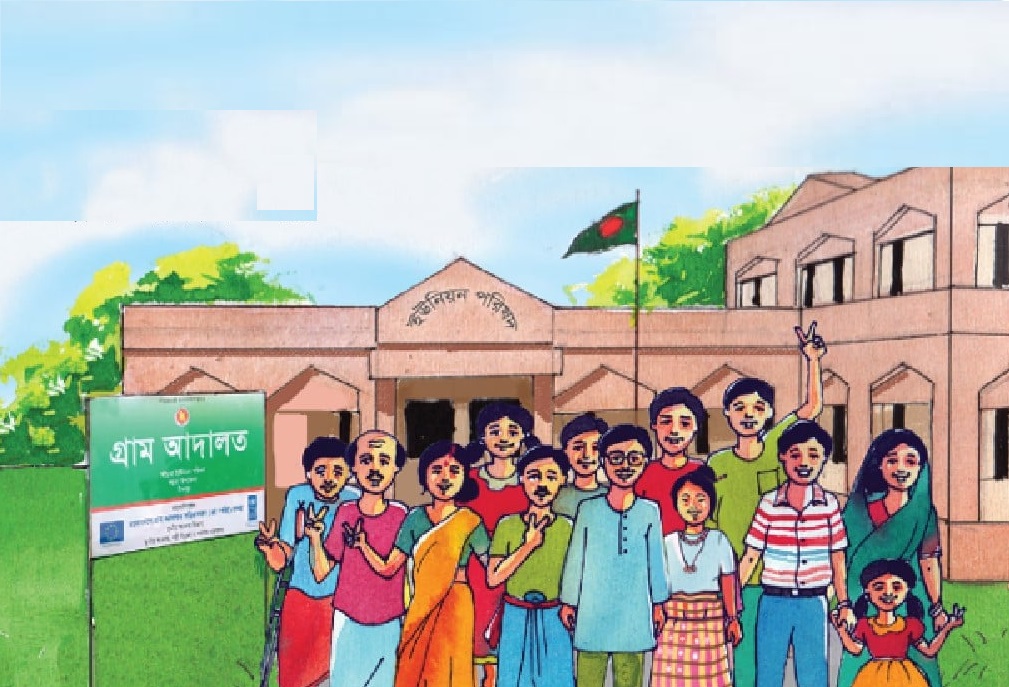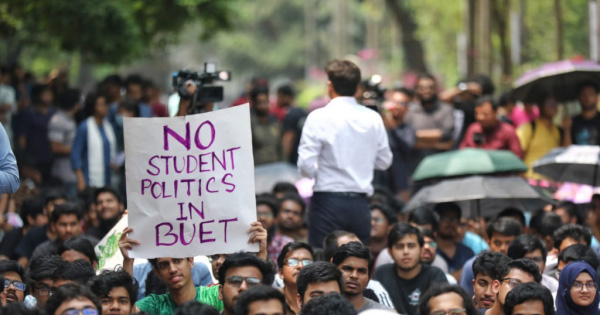Mushtaq Ahmed’s death in prison is more than a tragedy; it is an indictment of Bangladesh’s assault on freedom of speech and its reckless disregard for human rights. A 53-year-old writer and crocodile farmer, Ahmed was imprisoned last year under the Digital Security Act (DSA) for Facebook posts criticizing the government’s handling of the COVID-19 pandemic. His death has ignited public anger, bringing to light the government’s misuse of laws to crush dissent.
The Digital Security Act, passed in 2018, promised to protect Bangladesh’s digital space from misinformation and security threats. Yet, it has become an insidious weapon against those who dare voice even mild disapproval of the government. Under this draconian law, Ahmed was denied bail six times and spent nine months in a high-security prison. He endured extreme conditions and isolation from family, which many consider a form of psychological torture. For a man whose “crime” was expressing views on social media, such brutal punishment is unconscionable.
This law allows authorities to imprison anyone for up to 14 years for merely questioning the spirit of Bangladesh’s independence war, tarnishing the image of the country’s founding father, or disturbing public harmony. It is vague, excessively punitive, and targets individuals like Ahmed, who are guilty of nothing more than exercising their right to freedom of expression.
Mushtaq Ahmed’s death has drawn harsh criticism from international organizations. Human Rights Watch has condemned his prolonged detention for a mere social media post, calling it “a death sentence” by neglect. The Committee to Protect Journalists and Amnesty International have similarly demanded the repeal of the DSA and called for an independent investigation into Ahmed’s death. These organizations rightly argue that no one should face death for a Facebook post, nor should family members be forced to endure the devastation of losing a loved one to a vindictive legal system.
The real problem is the government’s blatant use of the DSA to stifle voices of reason and conscience. It has transformed Bangladesh into a place where fear replaces freedom, and repression shadows reform. The DSA’s excessive scope allows it to ensnare journalists, activists, and ordinary citizens, creating an atmosphere of intimidation where freedom of speech is stifled, and critics are silenced.
Ahmed’s death has united citizens in grief and fury, yet the government has responded with a hollow promise of investigation, despite its entrenched history of silencing dissent. It is time for Bangladesh to recognize the dangers of its course. It is time for the government to repeal the DSA, respect the people’s right to free speech, and ensure that Ahmed’s tragic death is not in vain. The world is watching, and it will not stay silent as Bangladesh imprisons its writers and kills its critics.
Mushtaq Ahmed’s life and untimely death serve as a somber reminder of the freedoms Bangladesh’s citizens have lost. His legacy must be a catalyst for change—an end to unjust detentions and the creation of a society where people can speak freely without fear of retaliation. If Bangladesh is to honor its history of independence, it must act now to protect the fundamental rights for which countless citizens fought.







